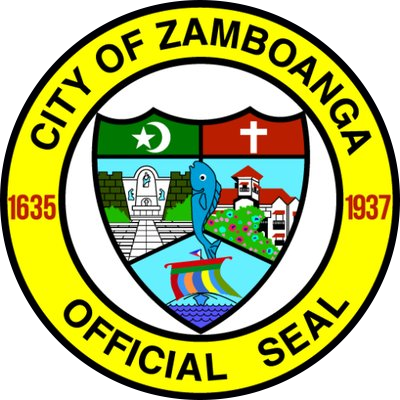The local government, in coordination with national government agencies and offices, is keeping close watch against the threat of African swine fever (ASF).
City Veterinarian Dr. Mario Arriola said the Philippines has banned pork and pork products imported from 17 affected countries, and in Zamboanga City, local government is in close coordination with other agencies to closely monitor entry points and markets to prevent entry of contaminated meat in the city.
“We intend to visit all supermarkets and outlets selling imported meats,” Arriola said.
A task force dubbed Task Force Karne will be convened on June 13 and will carry out strike operations, Arriola reported.
To date, the Department of Agriculture (DA) together with the FDA has issued bans against 17 counties that has reported ASF. These are Russia, Ukraine, Czech Republic, Moldova, South Africa, Zambia, Hungary, Bulgaria, Belgium, Latvia, Polan, Romania, China, Mongolia, Vietnam, Cambodia, Hong Kong, and North Korea.
The local government is also closely working with the Philippine Coast Guard for vessels coming in from affected countries to ensure that no refuse or waste will be disposed or dumped in Zamboanga City waters as they may contain strains of the ASF, the City Veterinarian said.
Arriola assured the public that the African swine fever does not affect human beings, but caution is still of great importance and strongly urged as the disease is devastating to the hog industry.
The ASF is a highly contagious hemorrhagic disease of domestic and wild pigs with a 100% mortality rate for affected hogs. It can wipe out pig populations in a matter of weeks, and currently, there is no vaccine nor treatment for affected animals.
Symptoms in affected animals include high fever, loss of appetite, and hemorrhage of skin and organs.
The ASF is likewise highly resistant in the environment, and can survive in frozen meat for at least 3 years. (Jasmine Mohammadsali) (photos: Kathy Wee Sit/ OCVET)
